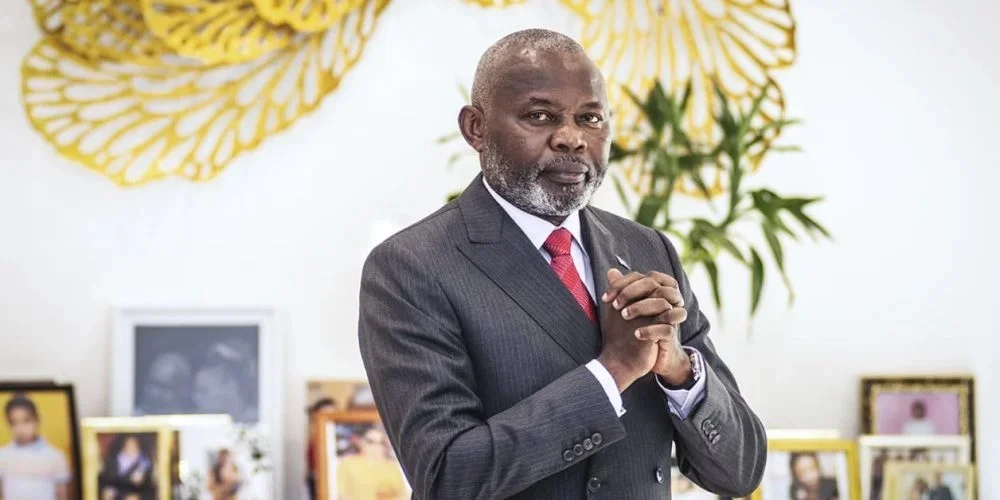On September 22, 2025, Vital Kamerhe stepped down as President of the Democratic Republic of Congo’s National Assembly. His resignation came just hours before lawmakers were set to vote on a petition challenging his leadership.
The Assembly’s first vice president confirmed the decision before Kamerhe personally addressed fellow legislators.
Kamerhe’s Reason for Stepping Down
Kamerhe framed his resignation as a sacrifice for the greater good of the nation. He stressed the need for lawmakers to focus on unity, sovereignty, and economic growth instead of internal conflicts.
“I chose to leave so that national priorities take center stage,” he said, urging parliamentarians to put Congo’s future above personal rivalries.
Petition Sparks Tensions
The petition against Kamerhe focused on alleged shortcomings in the National Assembly’s management. His allies dismissed the claims as politically motivated, while opposition figures insisted the process reflected legitimate concerns about governance.
Tshisekedi Responds from Abroad
Speaking from New York, President Félix Tshisekedi distanced himself from the controversy. He described Kamerhe as a loyal ally and firmly denied playing any role in the petition process.
Kamerhe’s Political Journey
This resignation adds another chapter to Kamerhe’s turbulent career. In 2020, a court convicted him of embezzlement, but the judgment was later overturned. By 2024, he had regained political influence and returned to a prominent role in the Assembly.
What Lies Ahead for Congo’s Politics
Kamerhe’s exit underscores the fragile balance within Congo’s political system. Leadership battles and governance debates continue to dominate the landscape.
As the country faces pressing social and economic challenges, his resignation could reshape dynamics in the National Assembly and influence future legislative sessions.
Amnesty International Urges Cameroon to Free Detained Opposition Members






